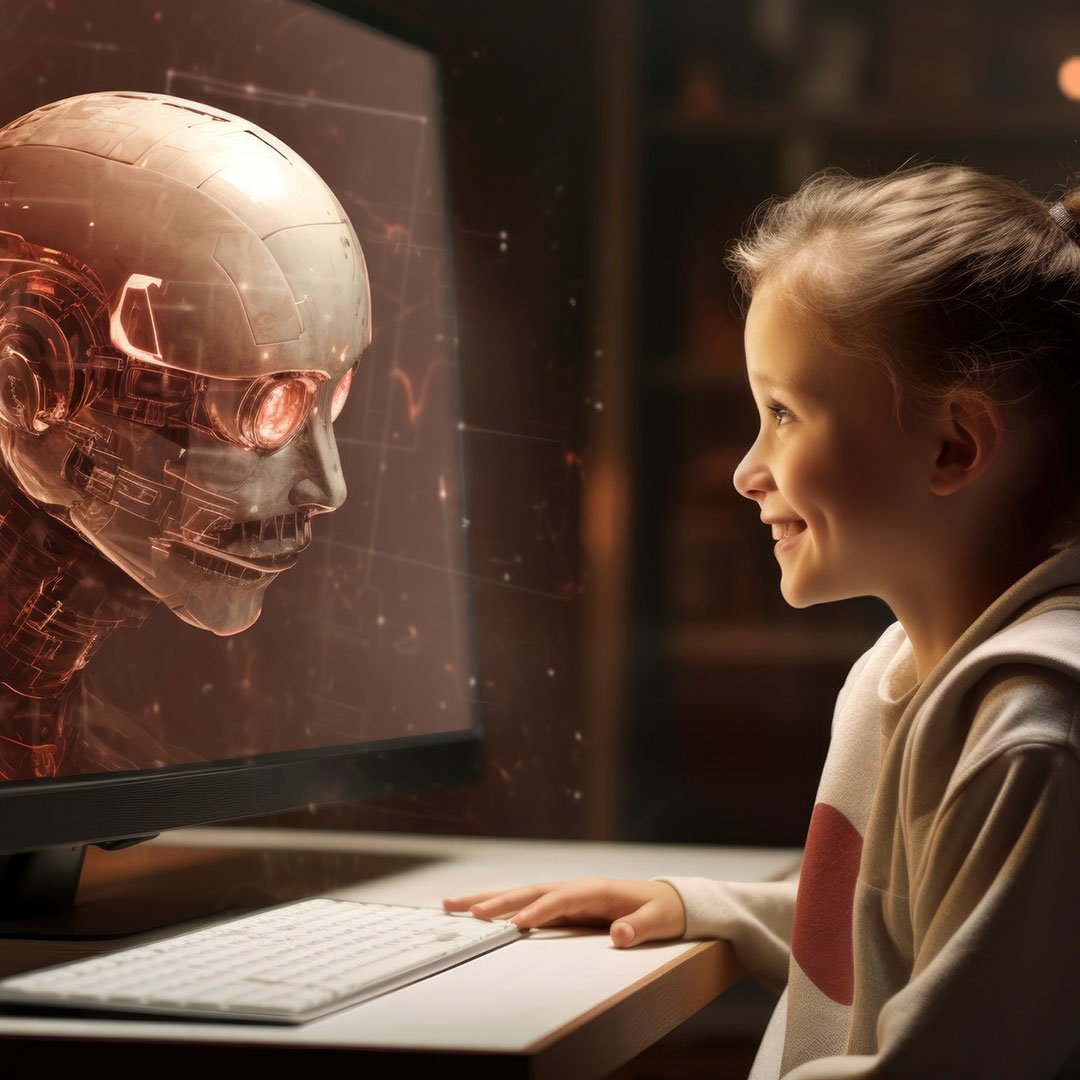Artificial intelligence (AI) is no longer a concept of the future; it has become an integral part of our everyday lives. From virtual assistants like Siri and Alexa to personalized recommendations on streaming platforms, AI is all around us. As technology continues to advance, it is crucial to introduce children to the world of AI and its potential. Here’s why AI is important for children:
1. Early Exposure to Technology
Introducing children to AI at a young age helps them become comfortable with technology. In a world where technology is constantly evolving, early exposure ensures that children are not left behind. Familiarity with AI and its applications prepares them for a future where technology will play an even more significant role.
2. Encouraging Curiosity and Creativity
AI can spark curiosity and creativity in children. By exploring how AI works and experimenting with different AI-powered tools, children can develop a deeper understanding of technology and its possibilities. This curiosity can lead to innovative thinking and problem-solving skills, which are essential in the 21st century.
3. Building Critical Thinking Skills
Understanding AI requires children to think critically about how machines learn and make decisions. This involves analyzing data, identifying patterns, and understanding algorithms. These critical thinking skills are valuable not only in technology-related fields but also in everyday life, helping children make informed decisions.
4. Preparing for Future Careers
As AI continues to advance, it will create new job opportunities and transform existing ones. By learning about AI, children can prepare themselves for careers in fields such as data science, machine learning, and robotics. Early education in AI can give them a competitive edge in the job market.
5. Promoting Ethical Awareness
AI raises important ethical questions about privacy, bias, and the impact of automation on society. Teaching children about AI includes discussing these ethical considerations. This helps children develop a sense of responsibility and an understanding of the importance of ethical decision-making in technology.
6. Enhancing Learning Experiences
AI can enhance learning experiences for children by providing personalized education. AI-powered educational tools can adapt to each child’s learning style and pace, offering customized lessons and activities. This personalized approach can help children overcome learning challenges and achieve their full potential.
7. Fostering Collaboration
AI encourages collaboration among children. Many AI projects require teamwork, where children can share ideas, solve problems together, and learn from each other. This collaborative environment helps children develop communication and teamwork skills, which are essential for success in any field.
Conclusion
The importance of artificial intelligence for children cannot be overstated. Early exposure to AI helps children become comfortable with technology, encourages curiosity and creativity, builds critical thinking skills, prepares them for future careers, promotes ethical awareness, enhances learning experiences, and fosters collaboration. By introducing children to AI, we equip them with the knowledge and skills they need to thrive in a technology-driven world. As AI continues to shape our future, it is essential to ensure that the next generation is well-prepared to navigate and contribute to this exciting field.
If you have any specific topics you’d like to dive deeper into or any questions about AI, feel free to ask!
